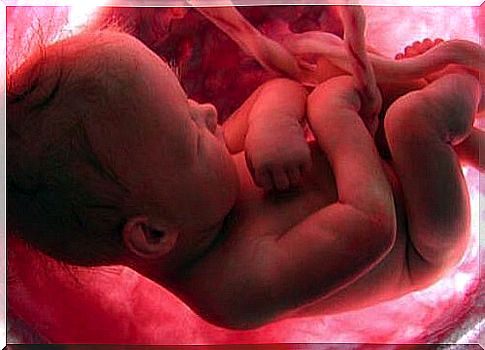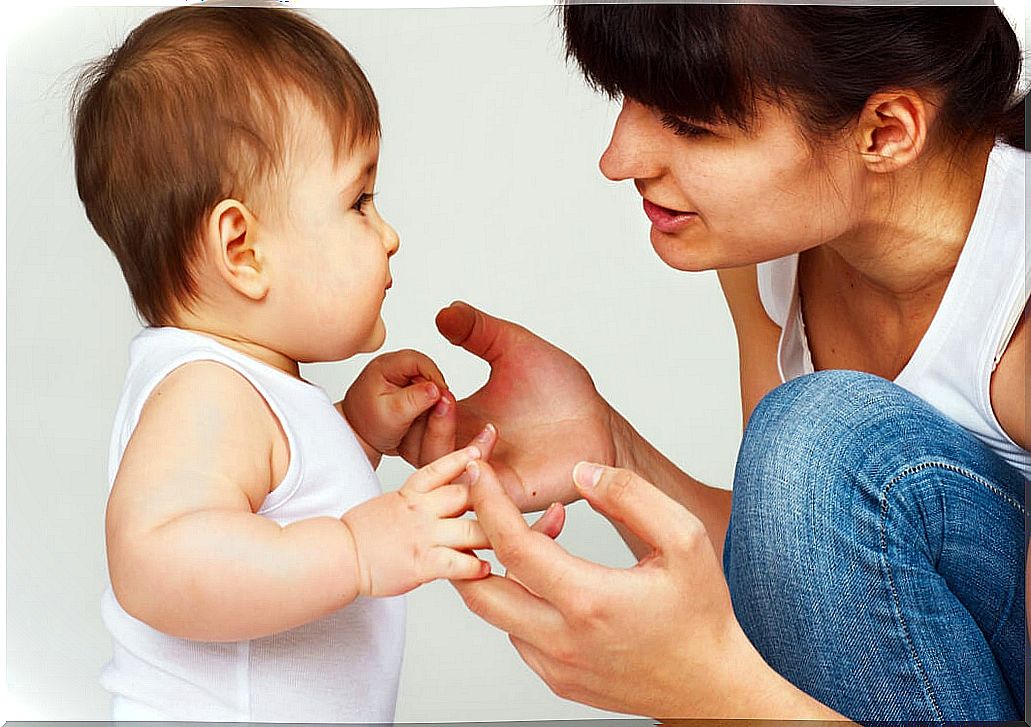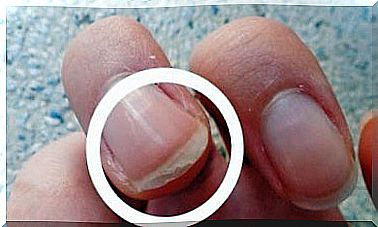Why Don’t We Remember The Time Of Birth?

Have you ever wondered why you remember your childhood, your adolescence, but you don’t remember the moment of your birth in any way? Why? We will explain further.
1. Neurogenesis in the first years of life
Birth is certainly a traumatic event. At the moment of birth you make your appearance in this world with the help of strange hands that take you out of the comfortable shelter of your mother’s womb. There is no longer such a safe place where you feel so loved.
You end up without knowing why and how in a world full of light, shadows and bizarre sounds. No doubt you feel pain. This is the time when you cry for the first time. Besides the pain, how do you feel in those moments? Fear? Enthusiasm? Curiosity?
We have no way of knowing, as these are questions and answers that no one – or almost no one – remembers.
This happens as a result of a process called neurogenesis. It is a complicated term that describes a fascinating process. Neurological development takes place before birth and a few days later. Neurons overlap in an energetic and intense process.
This may seem surprising, because you probably don’t understand how it’s possible to forget something like that. Aren’t memory and cognitive abilities associated with neurons? Doesn’t a higher number of neurons equate to a better memory?

The time of birth and its importance
This is not the case with newborn babies or in the first months of life. Memories are not preserved because neurogenesis is a very intense process; some structures overlap with others, and memories are lost because new neurons appear.
Due to this permanent development, the memory is not very stable at birth. Its stabilization will take place only after five or six months. New neurons will continue to appear, but the process will not be as intense.
Memory becomes stable and memories persist. After 6 or 7 years, the action is reversed, and some neurons begin to disappear. For this reason, the most intense period of development for a child is between the ages of 1 and 5 years.
Children are like “sponges” that absorb all the information, being able to learn several languages at the same time. However, they will not be able to remember the first days of their lives.
2. The importance of language and memory

According to psychologists and doctors, we can only remember what we can express in words. You can do a little test to test this theory, if you think about your first memory. It may be a sensation, a smell, even a scene: you in your mother’s arms, a walk in the park…
By that time you had certainly learned to speak. Many experiments have been performed based on this principle, proving that, in fact, it is easier to remember things that you can explain in words.
The brain better organizes and stores information in the hippocampus, a brain structure associated with memory. Only an important memory can be evoked in words as language is closely linked to memory.
Therefore, it is very difficult to remember moments of such great intensity as the moment of birth if you do not have the necessary words to describe it .
However, there are people who remember small fragments or sensations from birth… Are you one of them? We would be glad to find out.









